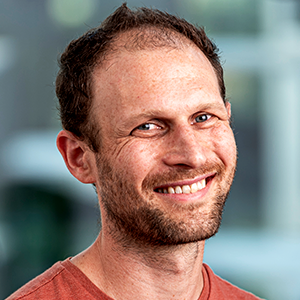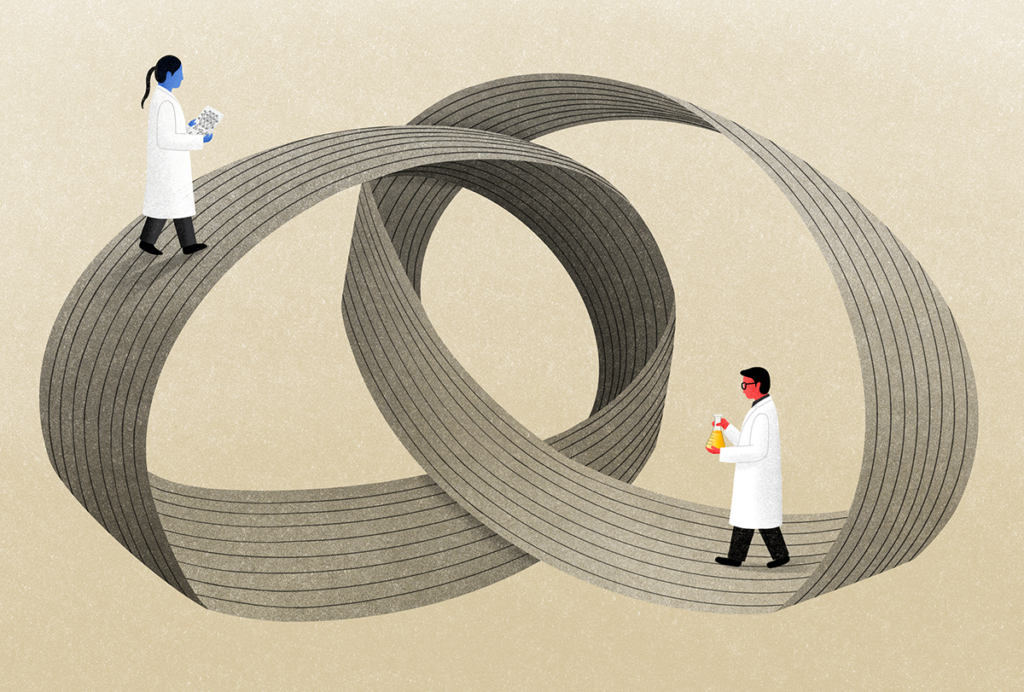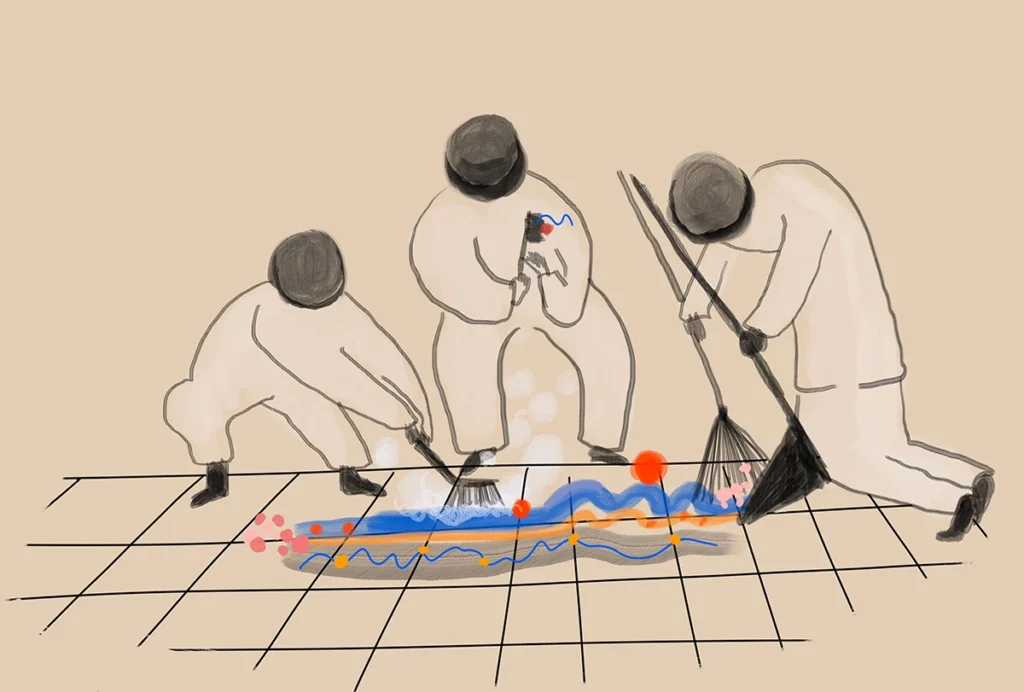Sam Gershman is professor in the Department of Psychology and Center for Brain Science at Harvard University. His lab studies the computational mechanisms of learning, memory, decision-making and perception. He is also affiliated with the Kempner Institute for the Study of Natural and Artificial Intelligence at Harvard. He is author of the 2021 book “What Makes Us Smart: The Computational Logic of Human Cognition.”
Gershman received his B.A. in neuroscience and behavior from Columbia University in 2007 and his Ph.D. in psychology and neuroscience from Princeton University in 2013. From 2013 to 2015 he was a postdoctoral fellow in the brain and cognitive sciences department at the Massachusetts Institute of Technology. He joined Harvard University as assistant professor in 2015.





